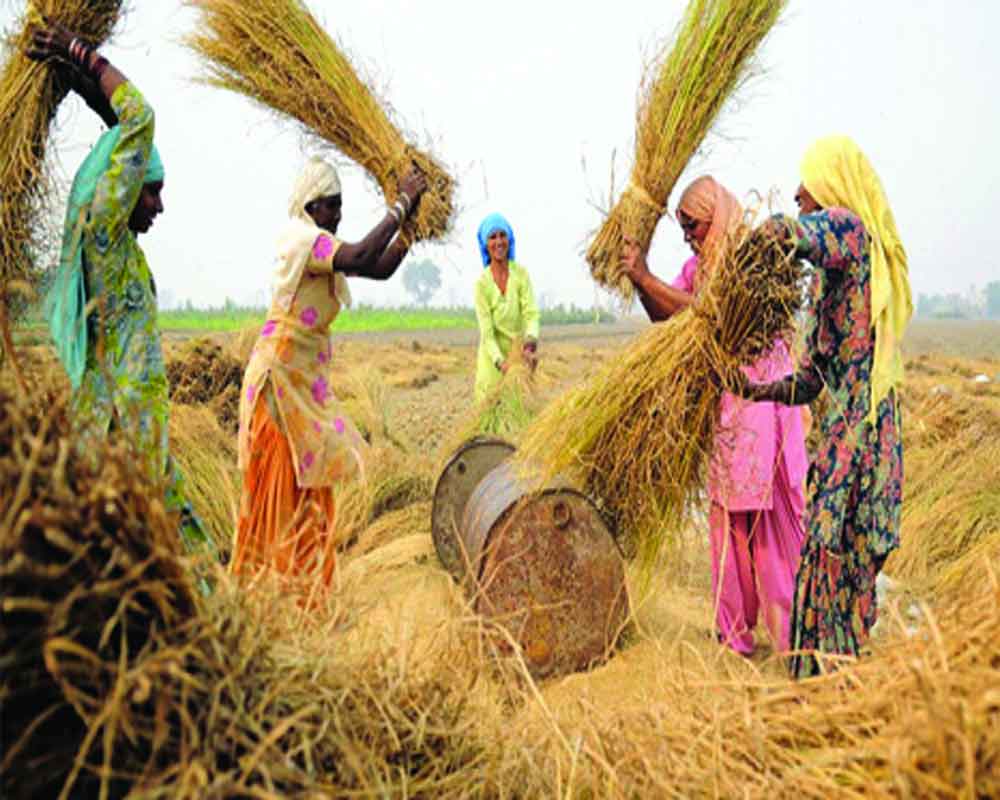SWIFT bridges financial inequalities by offering financial services to the underprivileged
An Indian student has developed an innovative microfinance concept for women, inspired by Bangladesh’s Grameen Bank — the world’s largest microfinance institution — which made banking more accessible to the poor. SWIFT- Sustaining Women in Financial Turmoil — was formed in September 2020, when its founder, Gobhanu Korisepati, launched a microfinance social business platform. He spent over three months in an internship with Grameen Bank to learn the logistics. SWIFT was founded to bridge financial inequalities in India by making financial services accessible to the underprivileged. The need was felt because he witnessed the complexities accompanying traditional loans such as mandatory collateral and proof of income firsthand and found that financial services tend to discriminate against the poor directly. The institution is based on an adapted version of micro-finance that best targets women who lack access to financial services. It brings women financial stability and human dignity by providing them micro-loans to start their entrepreneurial adventures. A loan can change the life of any individual, especially for a woman coming from an underprivileged background. To date, SWIFT has loaned to over 1000 women, working with a focus on sectors such as agriculture, clothing, and food services. The largest loan SWIFT has lent individually is worth Rs 20,000. The borrower is a young woman, Magali, and the loan helped her buy wholesale fabric, thread, elastic, yarn, and maintain her sewing machine. The loan was unique as it was aimed at reaching vulnerable populations in an isolated region. SWIFT’s many loans are targeted to help the women who need it the most, and they have been successful in lending over Rs 19 lakh so far. Another borrower from SWIFT is Meela, a rural farmer who aspired to be an entrepreneur, and the loan provided the perfect opportunity to do so. Meela has a family of three and a monthly household income under the poverty line. By providing her a loan, SWIFT helped her buy seeds and fertilizers to increase agricultural production. SWIFT currently selects the needy based on criteria that are constantly being adapted to fit the best interests of Indian women.
The criteria currently considered are based on the community impact a loan would have: how many people the loan can positively affect and risk evaluation factors, loan duration, and repayment schedule. It is important to note that SWIFT does not charge any interest on the loans as its goal is only to better the livelihoods of the borrowers and their communities. When asked how SWIFT has raised funds, Gobhanu says that SWIFT is fortunate enough to have gained a following on social media platforms and its website (swiftmfi.org), which primarily allocates its funding addition to local fundraisers such as bake-sales and charity games. What makes SWIFT unique from other charities is that it is run directly by children. A few months after founding SWIFT, Gobhanu sought out help and was overwhelmed by the support of youth he could find online. Today the SWIFT team consists of over 20 high school students who donate their time and efforts to make the world a better place. SWIFT is also currently inculcating the habit of microfinancing throughout schools as the organization believes that financial literacy is a fundamental step for India’s development. Gobhanu says that his vision is for SWIFT to reach developing and developed nations worldwide, not just India. In the coming years, he hopes to create a sustainable student-run organization that works to create equality of opportunity for marginalized communities.
(The writer is a student from Andhra Pradesh and founder of the SWIFT initiative. The views expressed are personal)


























